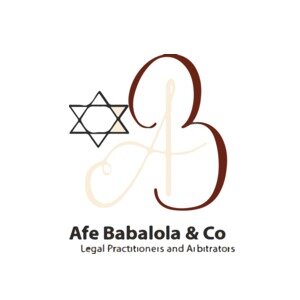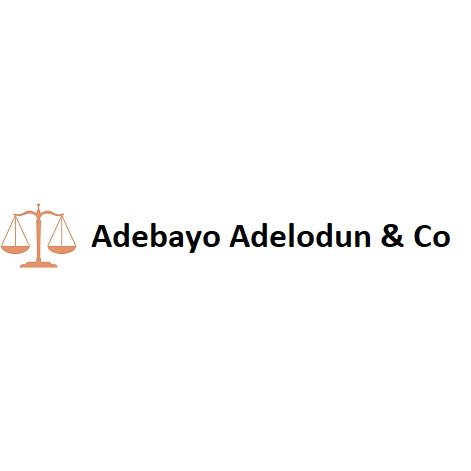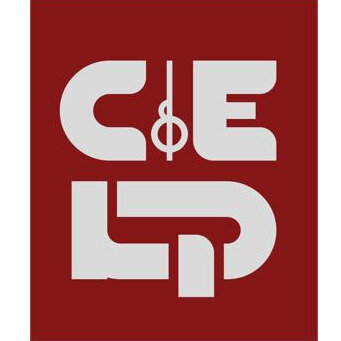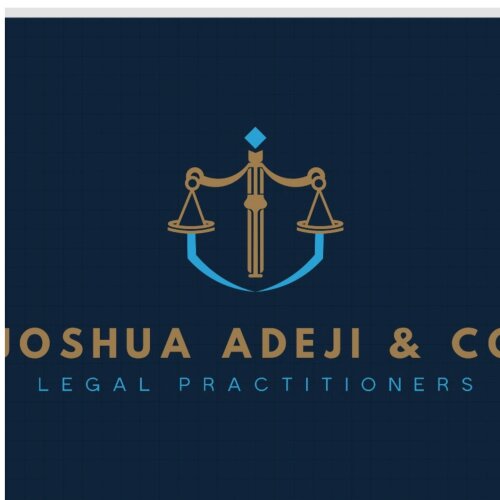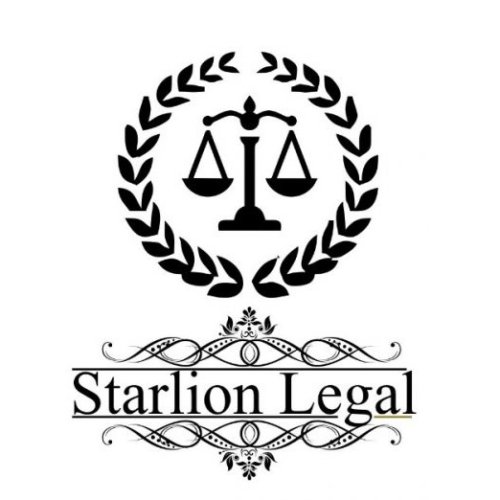About Credit Repair Law in Nigeria
Credit repair in Nigeria involves processes and actions aimed at correcting and improving one's creditworthiness, which may have been negatively impacted by errors or inaccuracies in credit reports. With an increasing number of Nigerians participating in the financial sector and using credit facilities, the need for proper credit records is essential. While Nigeria does not have specific laws strictly for credit repair, the credit reporting system is regulated to ensure fair and accurate credit reporting. The Credit Reporting Act of 2017 is pivotal as it sets the framework for credit reporting and addresses the roles and responsibilities of credit bureaus, lenders, and consumers.
Why You May Need a Lawyer
Engaging a lawyer for credit repair matters can be beneficial in several situations:
- Disputing Errors: If you find inaccuracies in your credit report, a lawyer can help you dispute these errors with the credit bureau or the lender.
- Legal Representation: If you've defaulted on loans and are facing legal action from creditors, legal assistance can help negotiate settlements or represent you in court.
- Understanding Rights: Lawyers help consumers understand their rights under credit reporting laws and how to enforce them.
- Complex Financial Situations: In cases of bankruptcy, identity theft, or fraud that impact credit scores, legal professionals can provide guidance and remedial actions.
Local Laws Overview
The key aspects of local laws related to credit repair in Nigeria include:
- Credit Reporting Act of 2017: Establishes the legal framework for credit reporting, including consumer rights to access their credit information.
- Central Bank of Nigeria (CBN) Regulations: Provides guidelines for the operations of credit bureaux and the responsibilities of financial institutions.
- Consumer Protection Laws: Protect consumers against unfair credit practices and support dispute resolution mechanisms.
These laws collectively ensure transparency, accuracy, and fairness in credit reporting and offer a mechanism for consumers to challenge inaccuracies that may harm their credit score.
Frequently Asked Questions
What is a credit report?
A credit report is a detailed statement of your credit history compiled by a credit bureau. It is used by lenders to determine your creditworthiness when applying for credit facilities.
How often can I access my credit report?
Under the Credit Reporting Act, consumers have the right to access their credit report once a year from any licensed credit bureau for free.
What are the consequences of bad credit?
Bad credit can affect your ability to obtain loans, attract higher interest rates, impact housing applications, and even job opportunities, as some employers check credit scores.
Can I dispute inaccuracies in my credit report?
Yes, if you identify errors in your credit report, you can file a dispute with the credit bureau to correct these inaccuracies.
How long do negative items stay on my credit report?
Negative information typically stays on a credit report for up to five years, while bankruptcy can remain for seven years, depending on the nature of the information.
Do I have legal rights when it comes to credit repair?
Yes, consumers have legal rights under the Credit Reporting Act and other consumer protection laws to ensure fair treatment and accuracy in credit reporting.
Can lawyers negotiate my debts?
Yes, lawyers can help negotiate with creditors to potentially reduce the debts and reach a more favorable repayment plan.
What should I look for in a credit repair lawyer?
Look for a lawyer with experience in credit repair law, a good track record, and reasonable fees. Verify their credentials and approachability in handling your specific case.
How long does credit repair take?
The duration for repairing credit depends on the complexity of issues; it can take from a few months to over a year to see significant improvements.
Are there government programs to assist with credit repair?
While there are no specific government credit repair programs, financial literacy and consumer protection agencies can provide guidance and assistance.
Additional Resources
Below are some resources to consider:
- Central Bank of Nigeria (CBN): Provides guidelines and resources related to credit reporting and consumer financial protection.
- Credit Bureaus: Organizations like CRC Credit Bureau, CreditRegistry, and FirstCentral exist to maintain and provide credit reports.
- Consumer Protection Agencies: These bodies offer advice and mediate disputes in financial transactions.
Next Steps
If you require legal assistance in credit repair:
- Gather all necessary documents related to your credit history, such as credit reports, disputes filed, and correspondence with creditors.
- Schedule a consultation with an attorney specializing in credit repair law to discuss your case.
- Explore local bar associations or legal aid services for referrals to experienced credit repair lawyers.
- Continue educating yourself about your rights and responsibilities as a consumer within Nigeria's credit reporting framework.
Lawzana helps you find the best lawyers and law firms in Nigeria through a curated and pre-screened list of qualified legal professionals. Our platform offers rankings and detailed profiles of attorneys and law firms, allowing you to compare based on practice areas, including Credit Repair, experience, and client feedback.
Each profile includes a description of the firm's areas of practice, client reviews, team members and partners, year of establishment, spoken languages, office locations, contact information, social media presence, and any published articles or resources. Most firms on our platform speak English and are experienced in both local and international legal matters.
Get a quote from top-rated law firms in Nigeria — quickly, securely, and without unnecessary hassle.
Disclaimer:
The information provided on this page is for general informational purposes only and does not constitute legal advice. While we strive to ensure the accuracy and relevance of the content, legal information may change over time, and interpretations of the law can vary. You should always consult with a qualified legal professional for advice specific to your situation.
We disclaim all liability for actions taken or not taken based on the content of this page. If you believe any information is incorrect or outdated, please contact us, and we will review and update it where appropriate.






